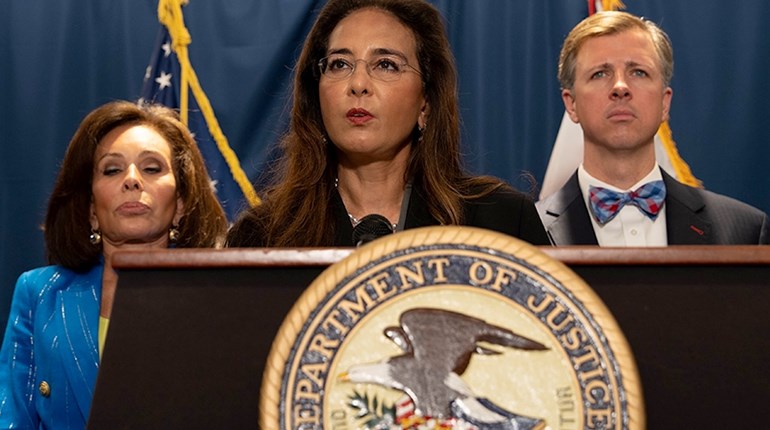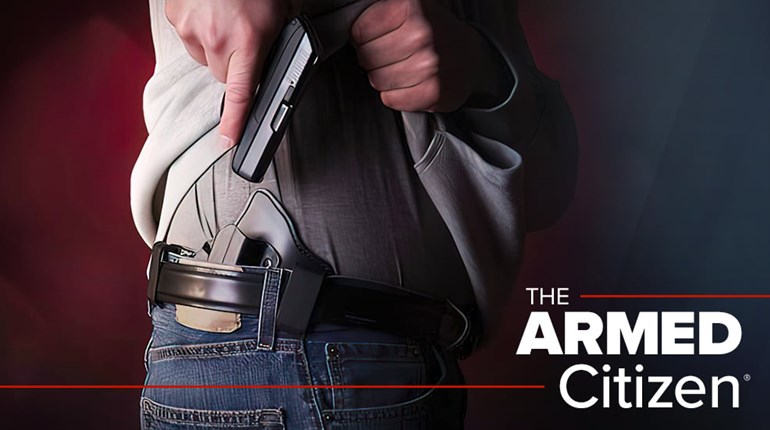
How much does crime go down when the avid gun-control crowd gets what they want?
It turns out, not much—if at all.
Massachusetts already had some of the strictest anti-Second Amendment laws in the nation, including requiring ID cards to purchase, magazine capacity limits and bans on certain AR-type rifles and accessories, background checks for private sales, fines for not reporting stolen firearms, and much more.
As a may-issue state, local law enforcement has complete discretion over who can and cannot lawfully carry a concealed firearm.
Nevertheless, according to one academic who studied the impact, all those rights-infringing laws did little to curb crime.
Dr. Janice Iwama, an assistant professor of justice, law, and criminology at American University in Washington, D.C., looked at the effects on criminal activity in the two years following passage of new laws and concluded there was “no immediate impact on violent crimes.”
To measure effects of the Massachusetts laws, Iwama pulled records from a statewide database of gun licenses and transfers, and compared them against the FBI’s Uniform Crime Reports to find any reductions in common categories of violent crime. Her results showed “no significant association found between murder, rape or aggravated assault and the passage of the 2014 Massachusetts gun legislation.”
There was a measurable effect in robberies—but not the one they were looking for. “For every one percentage point rise in denied licenses and denied licenses due to unsuitability,” Iwama writes, “robberies increased by 7.3% and 8.9%, respectively.”
In other words, the only real-world effect of the Massachusetts gun laws was an increase in robberies. Iwama doesn’t assert causation, but it’s obviously not a desired outcome, and the findings show what happens when criminals believe their victims are likely defenseless. It may also bolster the idea that criminals disregard the law, by definition, and will simply steal their firearms to perpetrate crimes. This is supported by Department of Justice research that shows “among state prison inmates who possessed a gun at the time of offense, less than 2% bought their firearm at a flea market or gun show and 40% obtained their firearm from an illegal source.”
The “unexpected” findings, Iwama reasons, may be due to inconsistent or weak enforcement, or they might need to change in the coming years; of course, two years is a decent amount of time for such laws to manifest results, if the results are to reduce crime. And of course, the NRA has been saying for years that we need to enforce existing laws that target criminals, not law-abiding citizens.
But, says Iwama, published literature shows that even the “popular” infringements show limited evidence for decreasing violent crime or suicides. “Despite arguments from both sides of the gun debate,” she writes. “There is inconsistent evidence on the effects of gun legislation in the United States.”
Like the decade-long ban on “assault weapons” that had no effect on crime, gun-control laws don’t reduce crime because they tend to regulate (or over-regulate) the law-abiding. And whether they’re passed by sincere lawmakers, or those with more nefarious intent, the primary impact of such laws is they make law-abiding citizens more vulnerable to criminals.


































